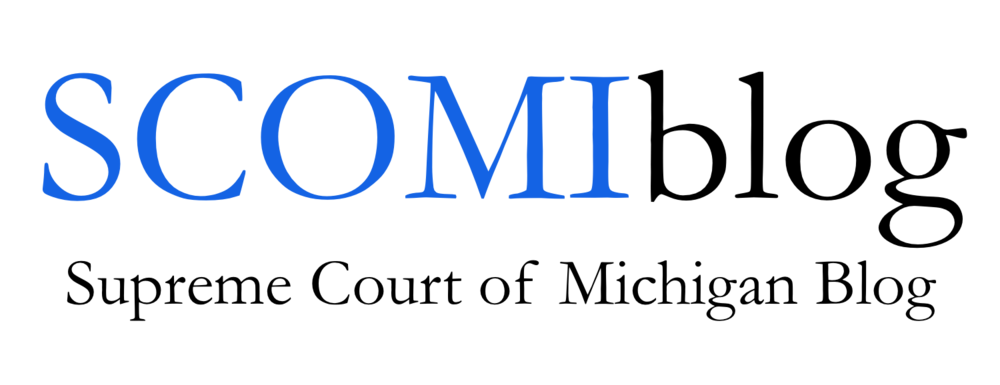People v Frederick
People v Van Doorne
Docket Nos. 153115 and 153117
Trial Lawyers’ Bottom Line: The scope of a knock and talk is time sensitive. If consent to a search is not “sufficiently attenuated” from an unconstitutional search, then evidence must be suppressed.
In the two consolidated cases, the Kent Area Narcotics Enforcement Team made unscheduled visits to the defendants’ homes at 4:00 a.m. and 5:30 a.m. The families at both houses were asleep. After an initial conversation, the police officers read the defendants their Miranda rights. The defendants then signed a consent form, which consented to a search of their homes, where the police found marijuana butter and other marijuana products.
At trial, the defendants moved to suppress the evidence, but the trial court held that it was a valid, voluntary search. The Court of Appeals affirmed, emphasizing that the officers waited to be received before conducting their search. The Supreme Court then granted leave to appeal.
In a unanimous opinion authored by Justice McCormack, the Court reversed. The Court reiterated that the scope of a knock-and-talk is determined by the “implied license” that is granted to “solicitors, hawkers, and peddlers of all kinds,” citing the U.S. Supreme Court’s decision in Florida v Jardines, 133 S Ct 1409 (2013). The Court also reiterated that “information-gathering” is not synonymous with a Fourth Amendment “search.”
The Court noted that both the majority and Justice Alito’s dissent in Jardines recognized that a nighttime knock was outside the scope of the implied license. The Court stated that “the scope of the implied license to approach a house and knock is time-sensitive” and “there is no implied license to knock at someone’s door in the middle of the night.”
As a test going forward, the Court wrote, “When the officers stray beyond what any private citizen might do, they have strayed beyond the bounds of a permissible knock and talk; in other words, the officers are trespassing.” The Court then refuted the Court of Appeals’ majority’s reasoning that “the implied license extended to midnight visitors seeking emergency assistance or delivering the newspaper.” The Court distinguished these examples because newspaper delivery services have express permission to be on the property, and emergencies justify conduct that would otherwise be unacceptable.
The Court restated the two-prong analysis from the U.S. Supreme Court’s opinion in United States v Jones, 565 US 400 (2012). A “search” comprises not only a trespass, but also some attempted information gathering. Having found that the officers had trespassed, the Court then analyzed whether they had been trying to gather information. The Court said it did not matter that the officers sought to gather their information through the homeowners’ consent rather than looking through windows. “What matters is that they sought to gather information by way of a trespass on Fourth-Amendment-protected property.”
The Court then turned to the fact that the defendants consented. The Court held that “even when consent is voluntary, if it is not attenuated from the unconstitutional search, the evidence must be suppressed.” The Court cited U.S. Supreme Court authority for the proposition that there are three factors to be considered in determining whether consent is sufficiently attenuated: (1) the temporal proximity of the illegal act and the alleged consent, (2) the presence of intervening circumstances, and (3) the purpose and flagrancy of the official misconduct. The Court said the trial court had not considered these three factors and so remanded for consideration of that question.
Full opinion here.
